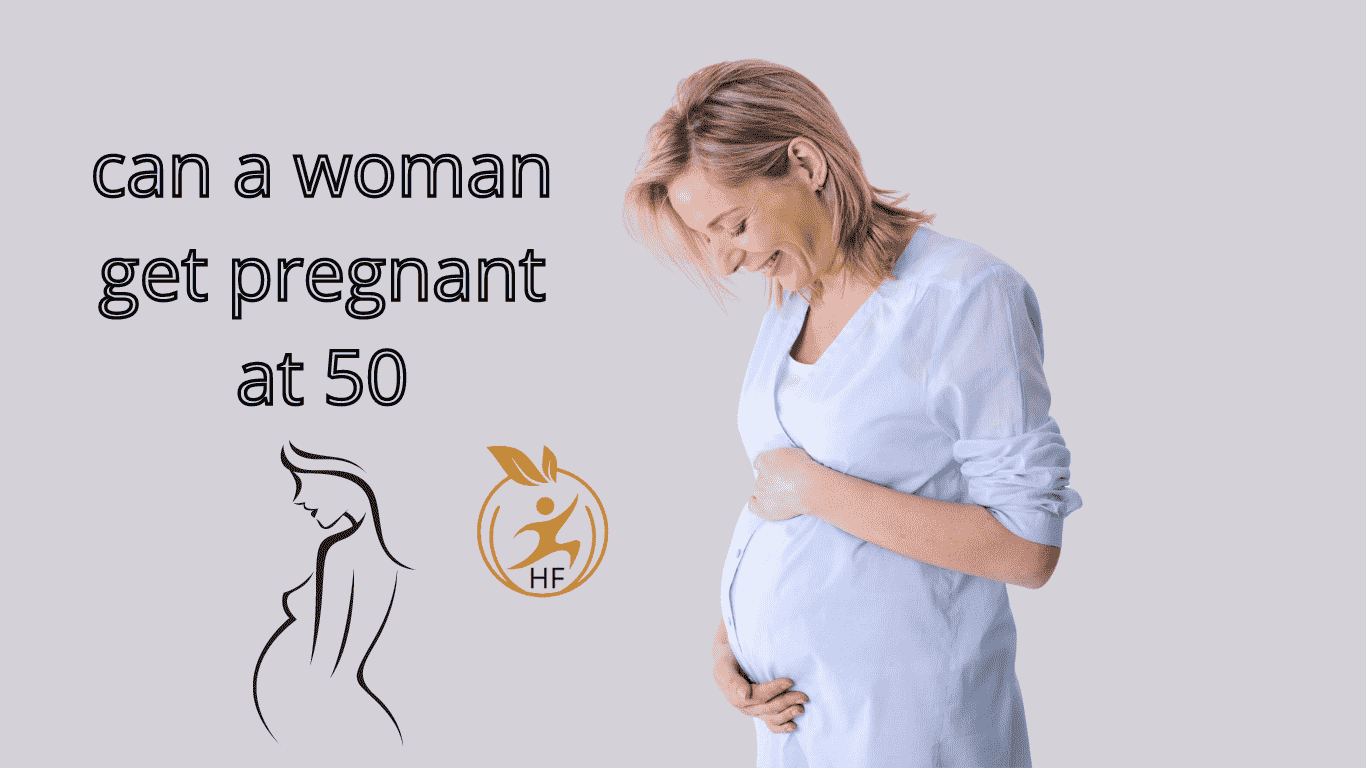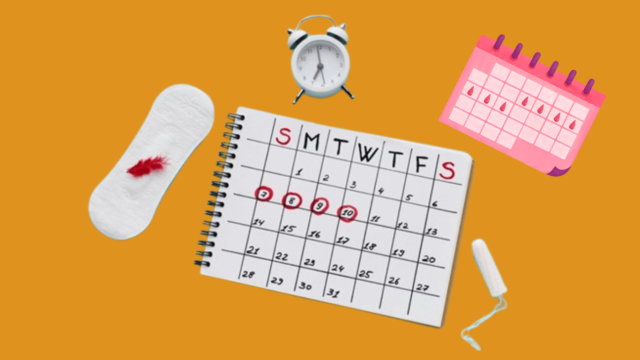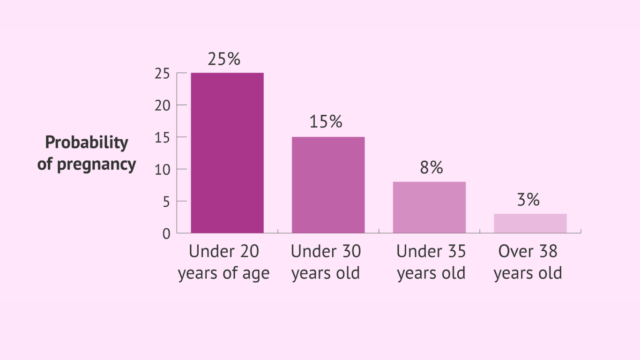The notion of pregnancy at the age of 50 may seem unconventional to some, but with advancements in reproductive technology and changing societal norms, it’s a question that’s increasingly relevant. In this comprehensive guide, we delve into the possibilities, challenges, and considerations surrounding fertility for women in their 50s.
Understanding Fertility at 50:
Fertility is a complex aspect of human biology, influenced by various factors including age, health, genetics, and lifestyle. Traditionally, women are considered most fertile in their 20s and early 30s, with fertility declining gradually thereafter. By the age of 50, many women have already undergone menopause, marking the cessation of menstrual cycles and typically indicating the end of natural fertility.
Challenges and Risks:
For women attempting pregnancy at 50, there are several challenges and risks to be aware of. Firstly, the likelihood of natural conception decreases significantly with age, as the quality and quantity of eggs decline. Additionally, older women are at higher risk for pregnancy complications such as gestational diabetes, hypertension, and chromosomal abnormalities in the fetus, such as Down syndrome.
While there are numerous advantages to having a baby later in life, there are also some disadvantages. A term used by doctors for women over 35 is advanced maternal age (AMA). It is important that you explore the risks of pregnancy with your doctor, including an increased probability of:
- Have twins or triplets.
- Develop gestational diabetes.
- Develop high blood pressure.
- Give birth prematurely.
- Need a C-section.
- Have a baby with chromosomal abnormalities, such as Down syndrome
- Experience a pregnancy loss.
To maximize your chances of having a healthy pregnancy, you should:
- Receive regular prenatal care.
- Eat a nutritious diet.
- Stay active, but with your doctor about exercise.
- Gain the appropriate quantity of weight.
- Avoid alcoholic beverages, tobacco, and illegal narcotics.
- Speak with your doctor about your drugs and supplements.
- Consult your doctor about testing for chromosomal disorders.
If you are over 50, you may require specific care throughout pregnancy, which includes:
- preconception counseling to discuss dangers.
- Expert risk assessment for you and your baby, including more regular prenatal checkups.
- Continuous monitoring of your baby’s progress.
- A meticulously planned delivery.
- Birth defect screening, testing, and counseling.
- Manage any existing conditions.
- Early detection and treatment of gestational diabetes and hypertension.
Watch this video :Woman’s Surprise Pregnancy in her 50s
Reproductive Technologies:
Despite these challenges, advancements in reproductive technologies offer hope to women seeking pregnancy in their 50s. Options such as in vitro fertilization (IVF), egg donation, and gestational surrogacy have enabled many women to fulfill their desire for motherhood later in life. IVF involves retrieving eggs from the woman or a donor, fertilizing them with sperm in a lab, and transferring the resulting embryo to the woman’s uterus. Egg donation allows women to use eggs from younger donors, increasing the chances of successful implantation and pregnancy. Gestational surrogacy involves implanting an embryo created using the woman’s or donor’s egg and a partner’s sperm into a surrogate mother, who carries the pregnancy to term.
Considerations and Ethical Issues:
While reproductive technologies offer new possibilities for older women, there are ethical considerations to navigate. Critics argue that pregnancy at an advanced age may not be in the best interest of the child, as older parents may have less energy and face health challenges as the child grows. Furthermore, there are concerns regarding the social and psychological consequences of having parents who are significantly older than classmates.
In conclusion, while it is technically possible for a woman to conceive at 50, it’s important to approach the decision with careful consideration of the potential challenges and risks involved. Consulting with fertility specialists and considering all available options can help women make informed choices about their reproductive health and family planning goals.
Finally, the decision to attempt pregnancy at 50 is deeply personal and should be chosen with full understanding of the physical, emotional, and ethical ramifications.




